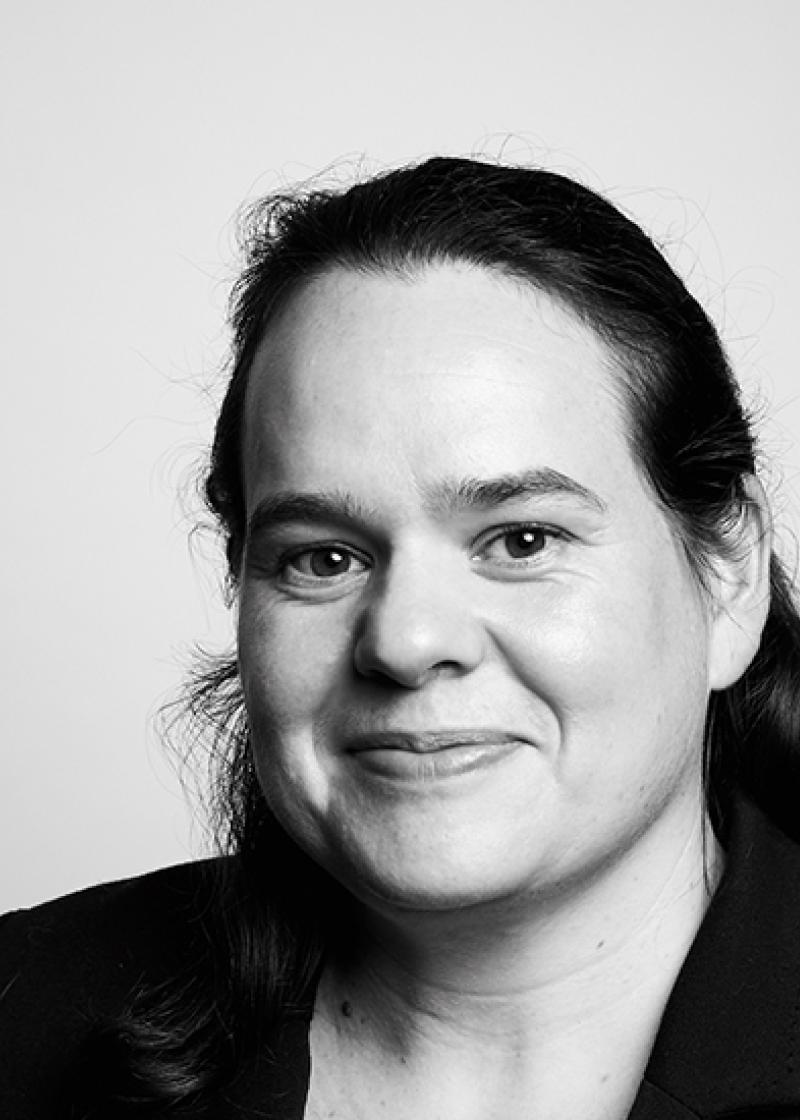Celia Harris
What Kinds of Support Systems Help People to Remember in Daily Life, Especially as Their Memories Start to Fail?

Award
2012 AADRF- Victoria Award
Status
Completed
Start Date
1 July 2013
About the project
In Dr Harris' research, she is interested in understanding the nature of memory support that older adults use in their daily lives. One source of support that she is particularly interested in is a long-term partner or spouse, and she is investigating how couples remember together and the kinds of strategies they might use to support each others' memories. She is studying shared remembering in healthy older adults and those who report subjective memory difficulties. She is also interested in external memory supports that people use (e.g. calendars, diaries, iPhones), and how couples share these resources between them. This research will help us understand the kinds of strategies that people can use in daily life to benefit their memory performance.
This project investigates the systems of memory support that older adults use in their daily lives -- systems that encompass internal supports (like mnemonics) and external supports, both social (relying on other people) and technological (objects like diaries, calendars, and iPhones). Specifically, she is interested in the interaction between these different kinds of memory support, and the characteristics of an effective memory compensation system. Previous research has tended to focus on different memory supports in isolation, for instance, studying the way that people with dementia use diaries. But in her prior research with healthy older couples, she found early evidence that memory compensation involves complex, dynamic systems where couples share and coordinate their memory resources.
In this project, she will use established experimental methods to test the memory performance of older adults who are healthy or who are at risk of dementia, and to test their memory performance when they are alone and when they are remembering together with their spouse. She will also use more open-ended interview methods to ask couples about their coordinated memory support systems. She aims to determine the characteristics of support systems that predict, compensate for, or reduce the risk of cognitive impairment and its effects on memory. She will identify beneficial strategies and techniques that spouses use to help each other remember, especially as their memories start to fail.
Where are they now?
Dr Harris is a Research Fellow within the Faculty of Human Sciences, Macquarie University.
